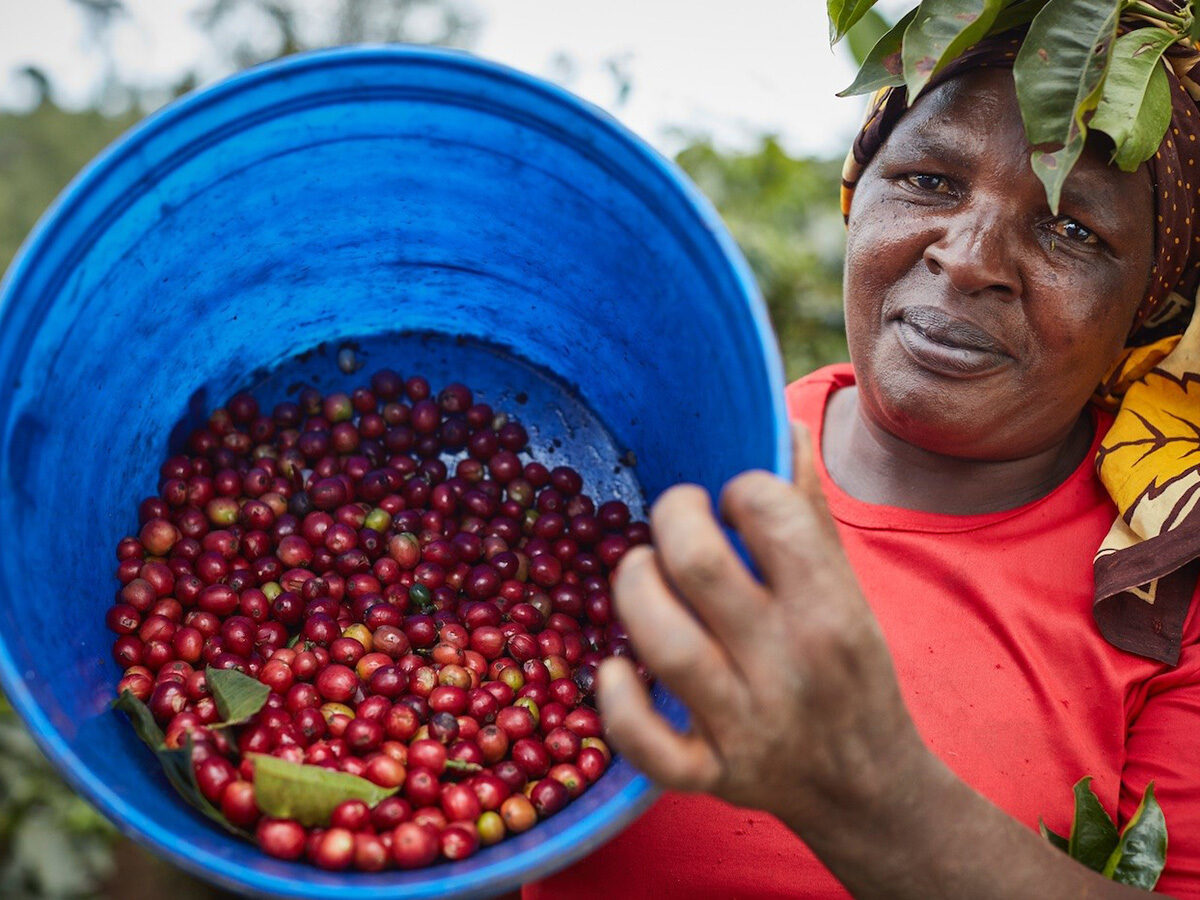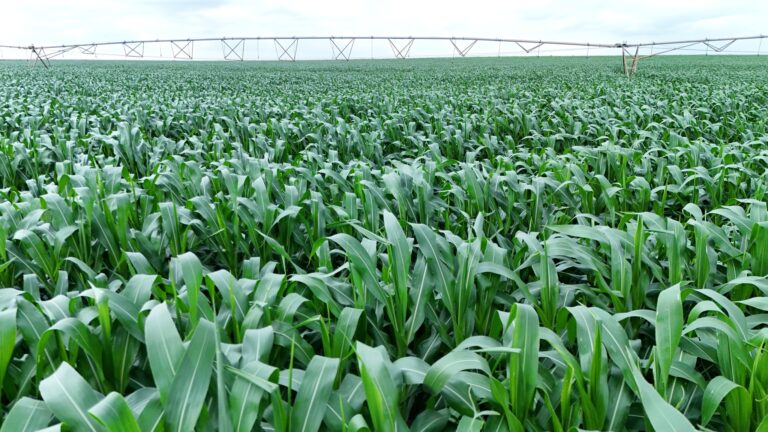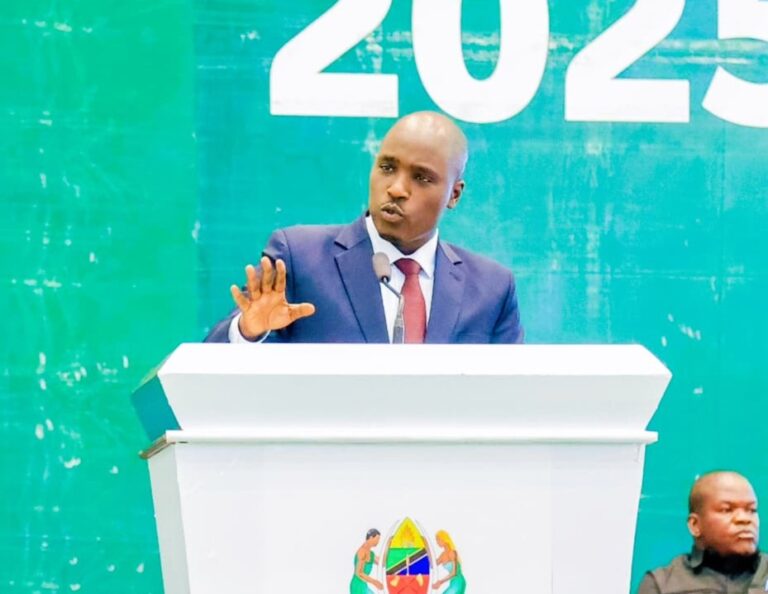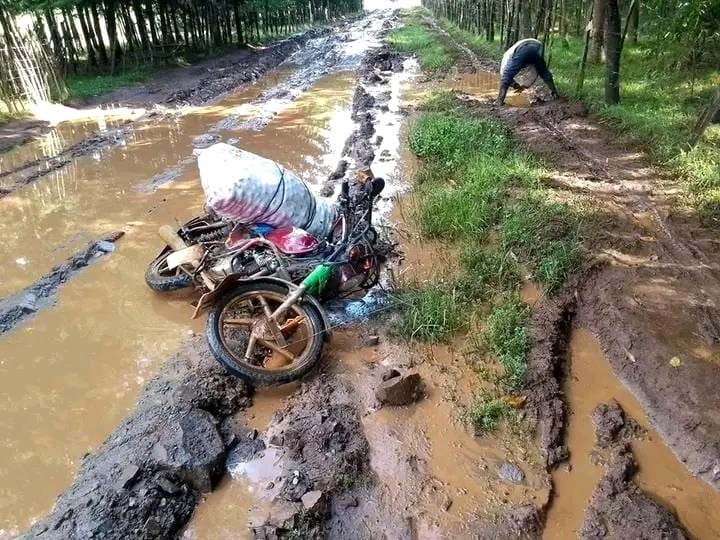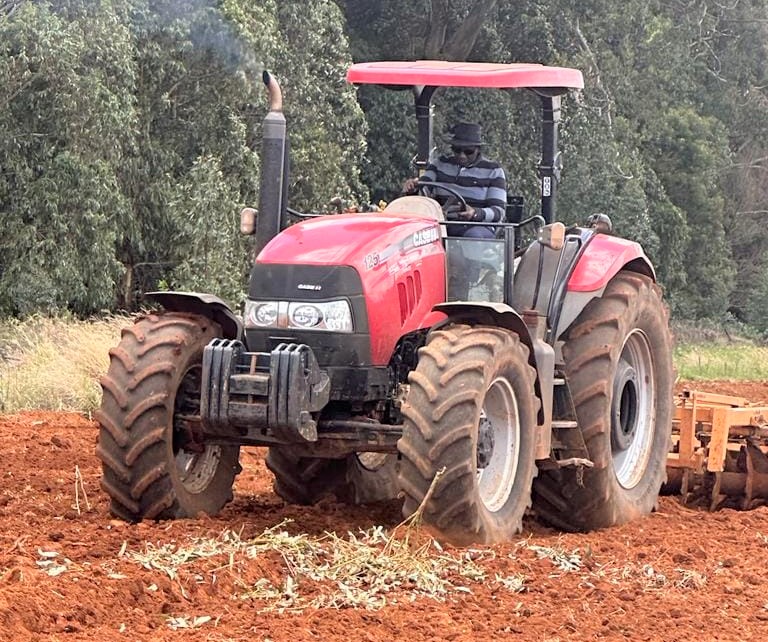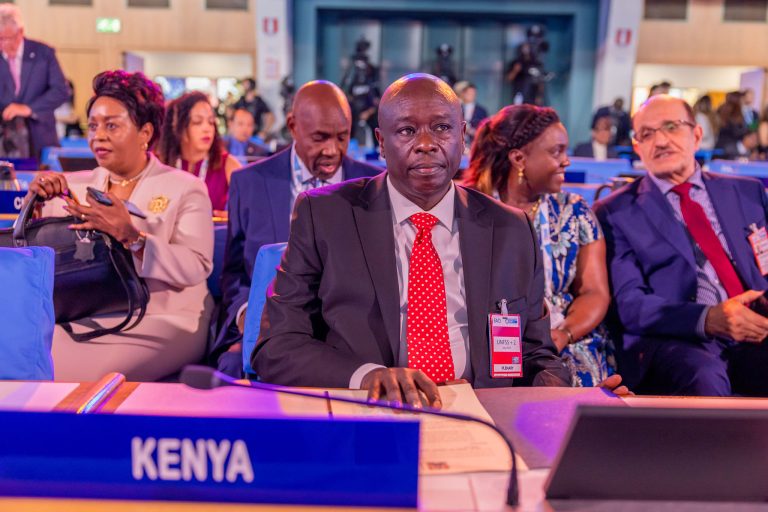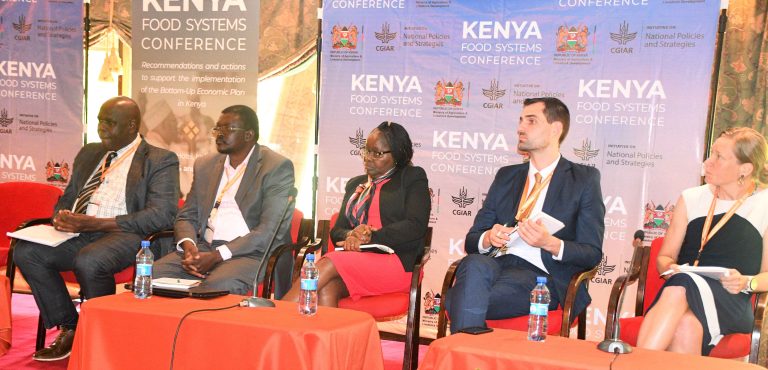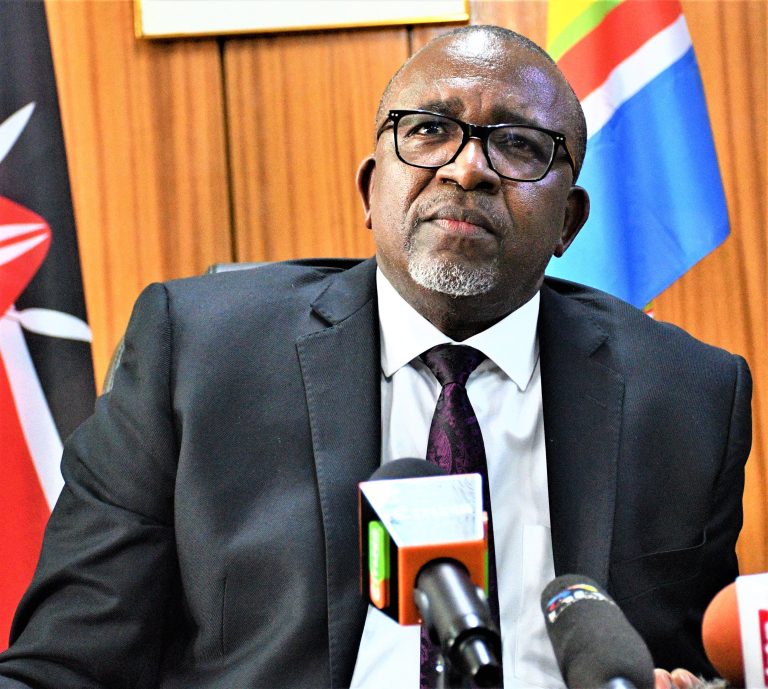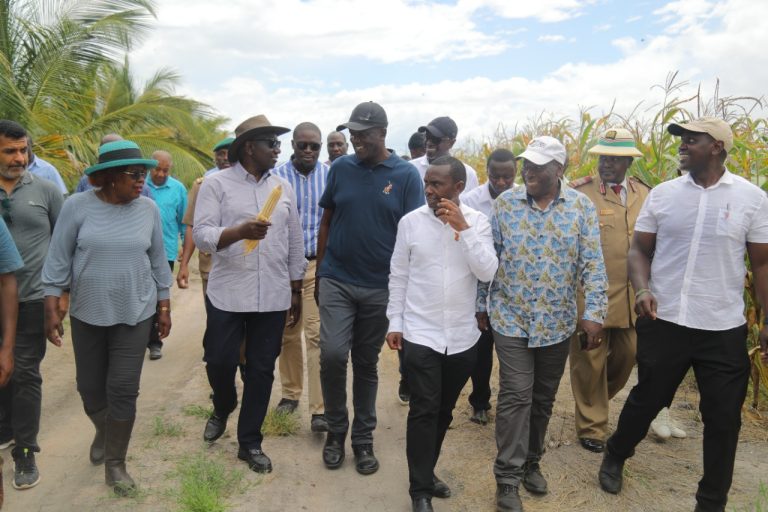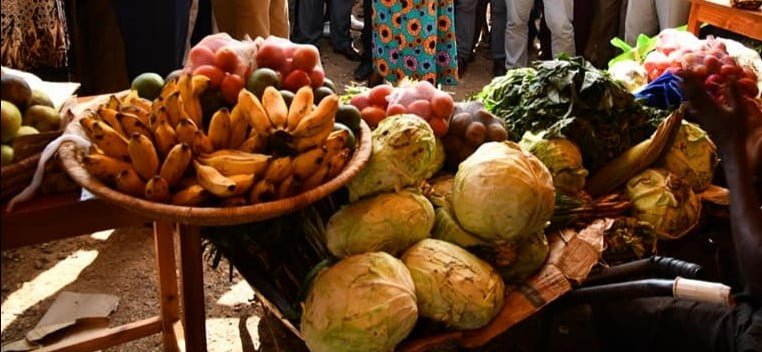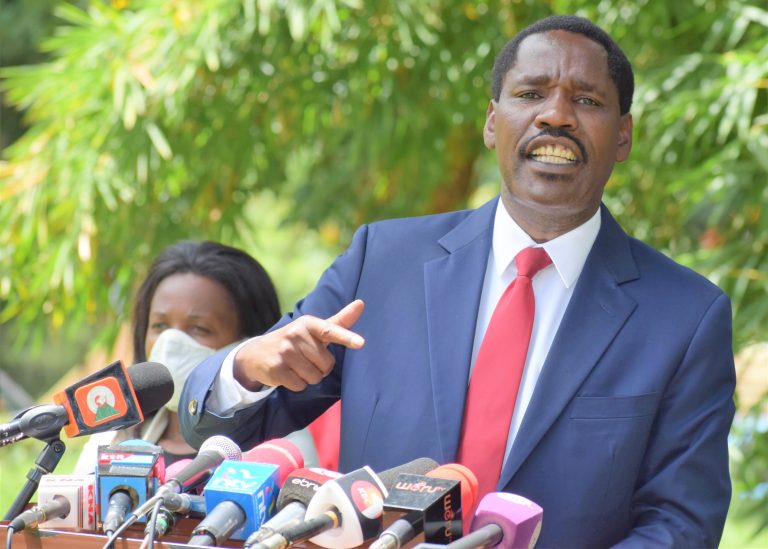By Kimuri Mwangi
Lack of enough training, funds, and land ownership rights are some of the challenges that women continue to face in the agriculture sector, which affects food productivity.
These challenges were part of the discussions in a three-day workshop on Strengthening Women’s Voices for Sustainable Agriculture and Food Systems held at a Nairobi Hotel from 18th February 2025. Co-hosted by the Kenya State Department for Agriculture, GIZ and other Partners the aim was to explore how to strengthen the participation of women and other marginalized groups in agriculture and food systems. The Conference brought together approximately 90 diverse participants with extensive experience in gender equality and women empowerment in the context of agriculture and food systems.
Agriculture Principal Secretary Dr Kipronoh Ronoh said that women play a pivotal role in agriculture, producing much of the world’s food, preserving traditional knowledge, and sustaining rural economies. Yet, despite their contributions, they continue to face barriers in access to land, resources, markets, and decision-making spaces saying this must change. In a speech read on his behalf by Agriculture Engineering Secretary in the Ministry of Agriculture and Livestock Development Eng. Laban Kiplagat, the PS said that strengthening women’s voices is not just a matter of gender equity—it is a fundamental necessity for achieving food security, climate resilience, and sustainable development.
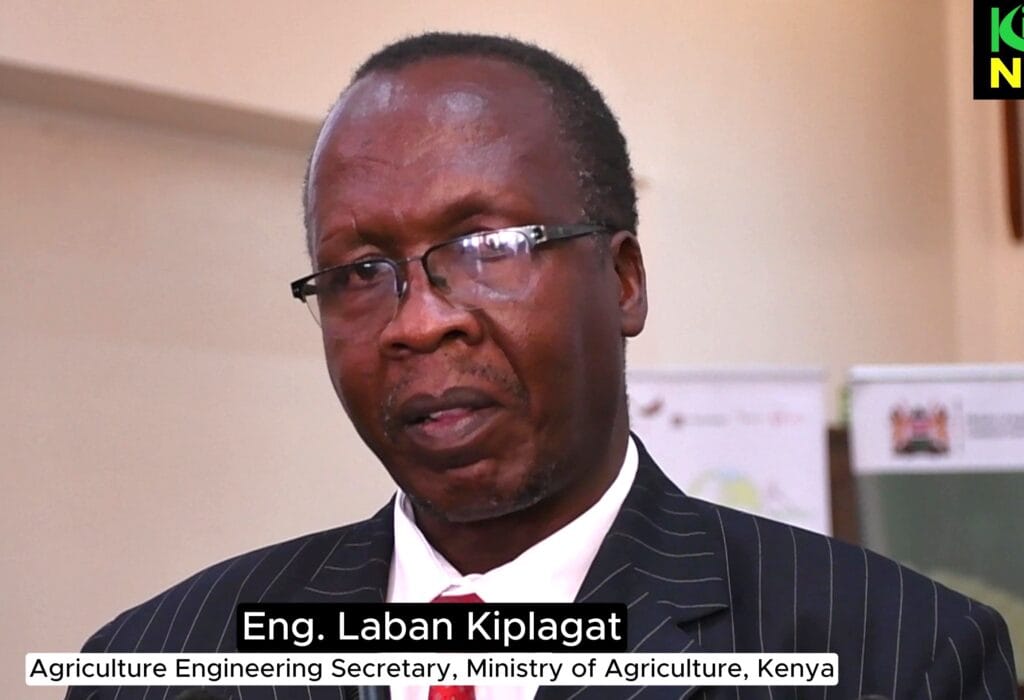
“I strongly believe that this Conference will inter alia amplify women’s voices, share knowledge and best practices, foster collaboration and advocate for policy and systemic change by ensuring that women’s leadership in agriculture is recognized and supported at all levels, he added.
In her remarks, Theresa Herbold, a Senior Policy Officer, German Federal Ministry for Economic Cooperation & Development said that strengthening women’s voices is key, especially in the agriculture and food sector, being the backbone of our societies.
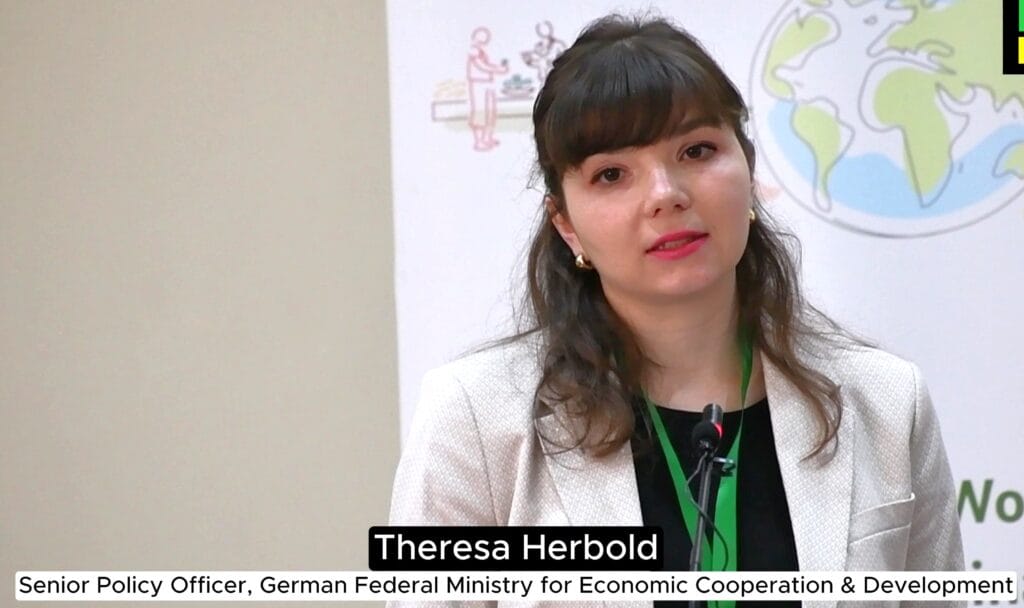
“And I say especially in the agriculture and food sector because women are key actors along the whole agriculture value chain. They act as farmers, processors, retailers, entrepreneurs, and consumers. Worldwide, women make up 43% of the agriculture workforce, and in Africa, even 50%. Nevertheless, they make up less than 15% of landowners worldwide and often can cultivate only on small plots of poor soil quality. And this 15% of landowners worldwide is just one figure that illustrates how women continue to face persistent inequalities,” she quipped. She added that including women and strengthening their voices is urgent as global and food systems are increasingly under pressure. “Climate change, loss of biodiversity, economic crisis, as well as conflict and war reduce agricultural yields and incomes, threaten livelihoods and cause hunger and food insecurity. And we know these crises hit women and girls the hardest.”
According to Herbold, this is not only because women often eat last and least in times of scarcity, but also because they face systemic and structural barriers to accessing resources, land, credits, and markets. She echoed that in the joint endeavours to make global agri-food systems sustainable and resilient, to combat climate change and biodiversity loss, to eradicate hunger and poverty, we need women as change agents since their equal participation and the opportunity to step into leadership roles are crucial to having meaningful transformative change.
Elke Siehl the Director General, Sector & Global Programmes at the German Agency for International Cooperation (GIZ) in her contribution stated that if women are supported, they will have an increase of about 20 to 30 percent in yields. She called for efforts to increase their access to finance, better training and also to digital devices for them to be better equipped in their agriculture endeavours.
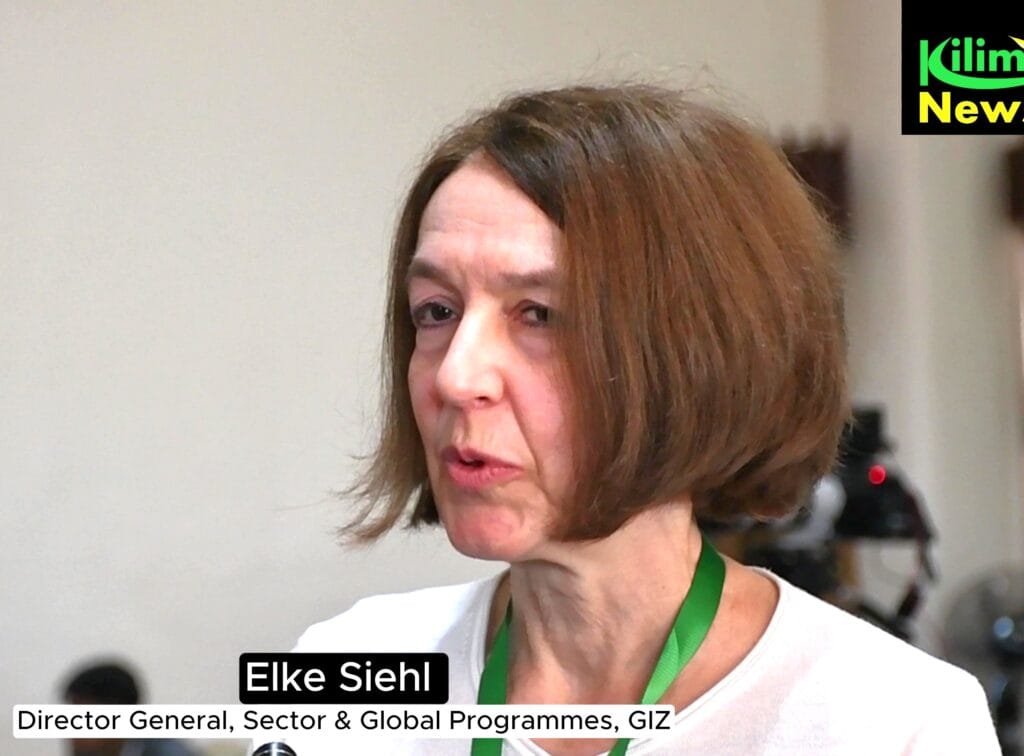
“I think between 50 and 60 per cent of agriculture in Africa is done by women and it’s difficult for them. For example, widows, because of the discriminatory laws don’t have access to land and this is one part that should be addressed. Support for access to training, changing laws and ending the discriminatory situation, especially for widows will play a great role in women’s empowerment. But also access to finance, machines, basically every equipment that is necessary for agriculture is needed to support them to work better and more effectively,” she opined.


